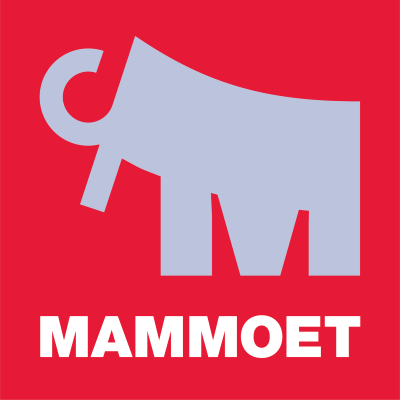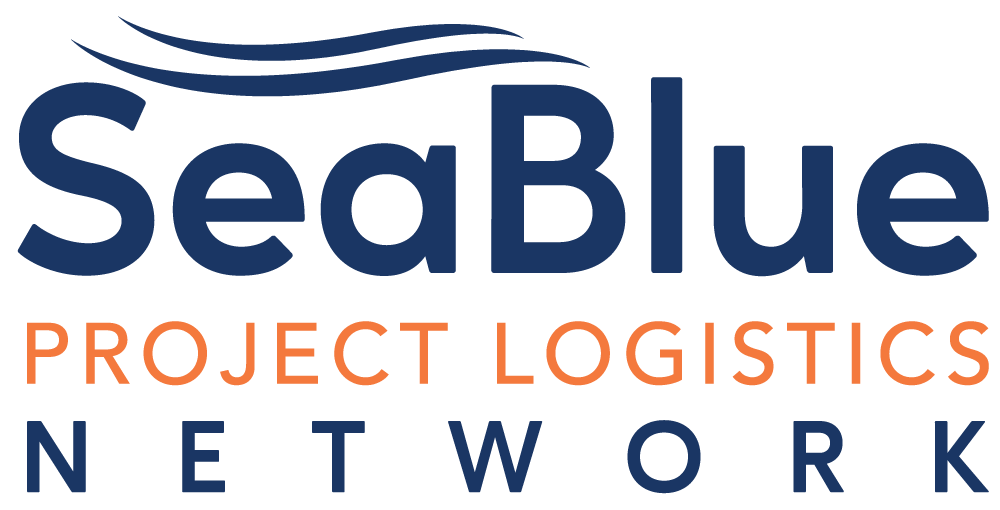Revitalizing American Port Infrastructure: IMGS' Strategic Shift to the U.S. Market
In a recent discussion at Breakbulk Middle East, Leslie Meredith welcomed Shujjat Alikhan, vice president for IMGS, a global port services company, to share insights on the company's pivotal redirection toward revitalizing U.S. port infrastructure. Their conversation focused on IMGS' strategy targeting U.S. port infrastructure. This strategic pivot aims to address the aging infrastructure in many U.S. ports, especially those along the Mississippi River, by enhancing their efficiency and throughput.
IMGS' Strategic Focus on the U.S. and Canadian Market
Over the past few years, IMGS has been synonymous with port expansion plans across the Middle East and Africa. Now the company has set its sight on the American market. "We've started very aggressively doing marketing in the U.S.," Alikhan said, highlighting the role of anchor clients in facilitating the move. Initially a Canadian company making its mark in Dubai, IMGS finds itself being drawn back to North America, prompted by the demands of its client base to offer services in the continent that it traditionally offered in Africa and the Middle East.
Revitalizing Aging U.S. Port Infrastructure
A critical project underscoring IMGS' efforts in the U.S. involves addressing the aging infrastructure across many ports, particularly along the Mississippi River. The company aims to "revitalize those ports and make them more efficient so they can improve their throughput to the bigger ports down south like Houston, Brownsville, and in the rest of Texas." This initiative is not only about enhancing the physical infrastructure but also about ensuring the logistical and operational efficiency of these crucial nodes in the U.S. supply chain.
IMGS' Participation in Breakbulk Americas
Looking forward, IMGS plans to strengthen its presence and relationships in the U.S. by participating in Breakbulk Americas in Houston this fall. "A lot of our customers will be there, and we want to connect with them personally," said Alikhan, highlighting the importance of direct engagement in fostering business relations and understanding client needs.
Comparing the U.S. and African Port Markets
Reflecting on experiences in African markets, Alikhan noted a key difference in the decision-making process in the U.S. "People are fast decision makers," he observed, recognizing the capitalist ethos that pervades American business culture. This environment is seen as favorable for projects aimed at enhancing port logistics, particularly because of the urgency attached to maintaining the flow of goods, which includes essential items like food.
The Advantage of Third-Party Involvement in Infrastructure Projects
IMGS' strategy leverages the agility and efficiency of third-party businesses in spearheading infrastructure projects. This approach is considered to be more efficient than government-led initiatives, which tend to be bogged down by bureaucratic processes. "We take an aggressive stance on it," Alikhan said, echoing the need for quick action in the face of mounting infrastructural challenges.
As IMGS embarks on this strategic focus within the U.S., the anticipation for its projects and their impact on the American port infrastructure is palpable. With a goal to invigorate aging infrastructure and enhance the efficiency of ports, especially those along the Mississippi River, IMGS is poised to play a crucial role in the next phase of American logistics and infrastructure advancement.

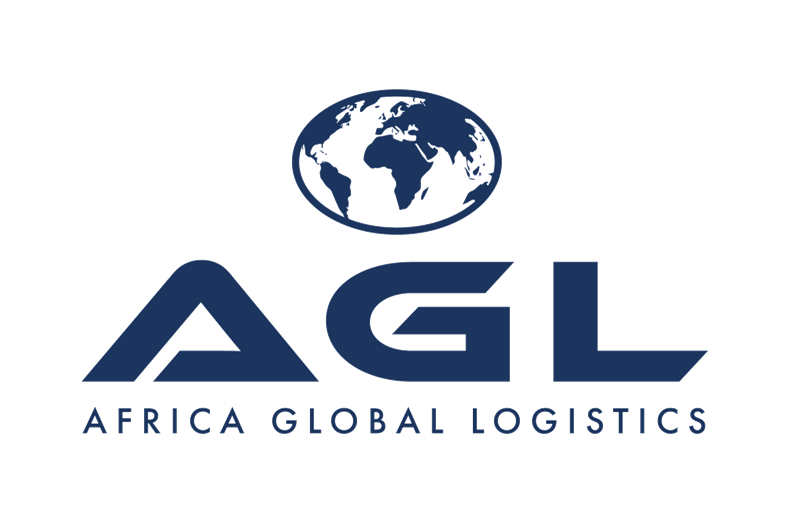
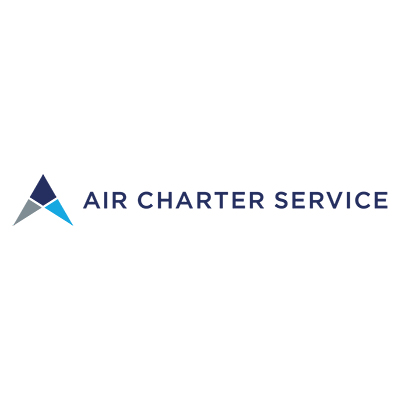

.png?ext=.png)
.png?ext=.png)
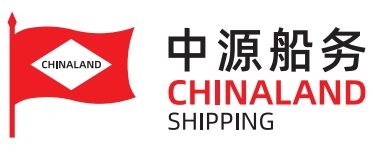
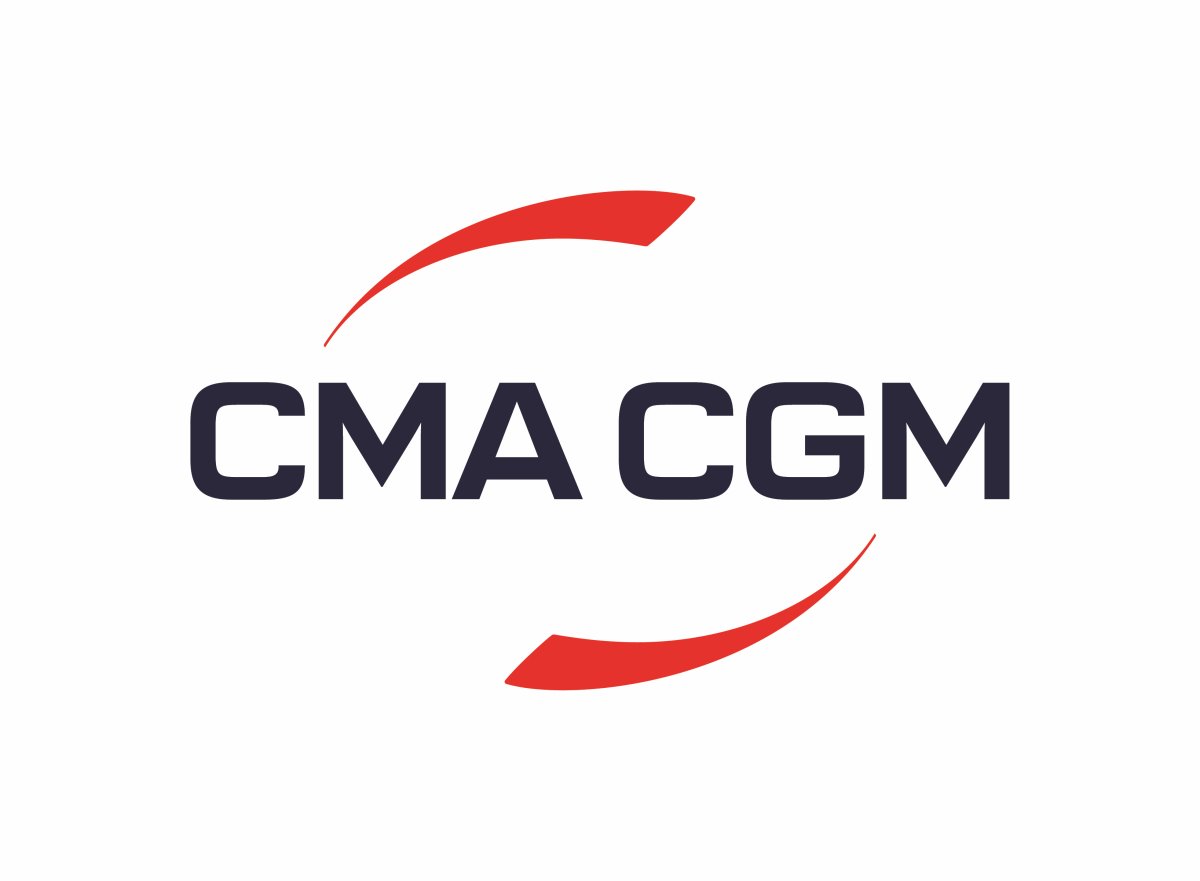
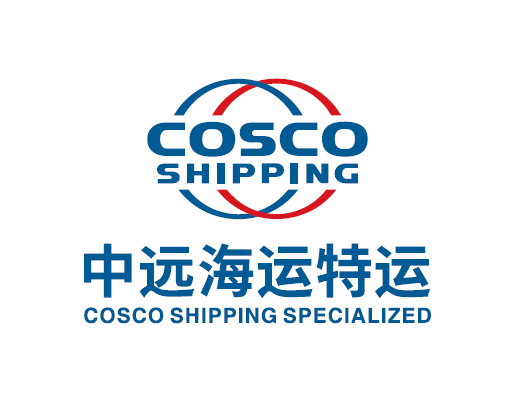

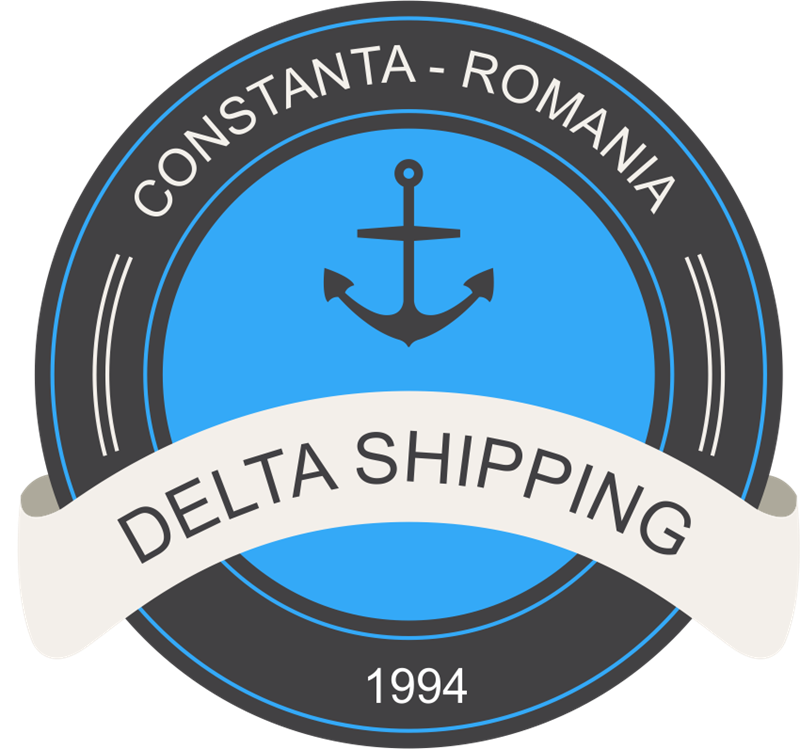

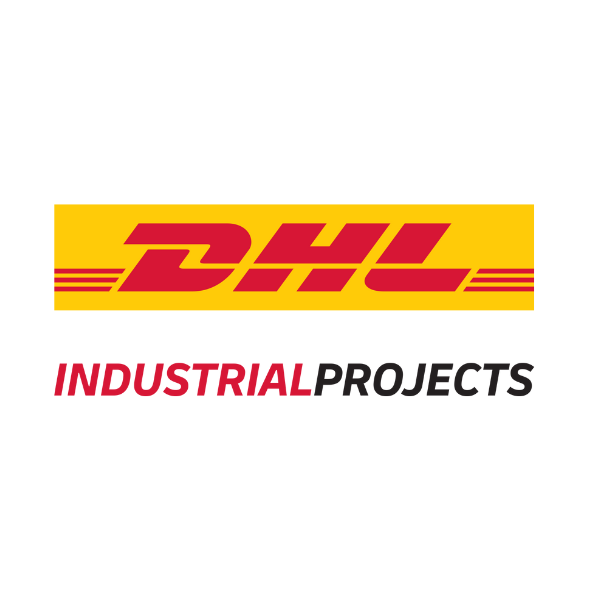
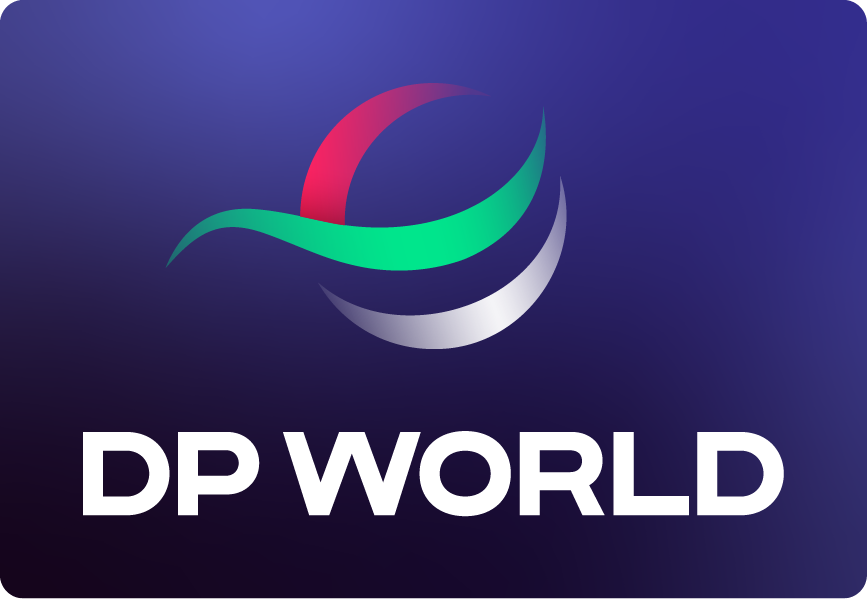


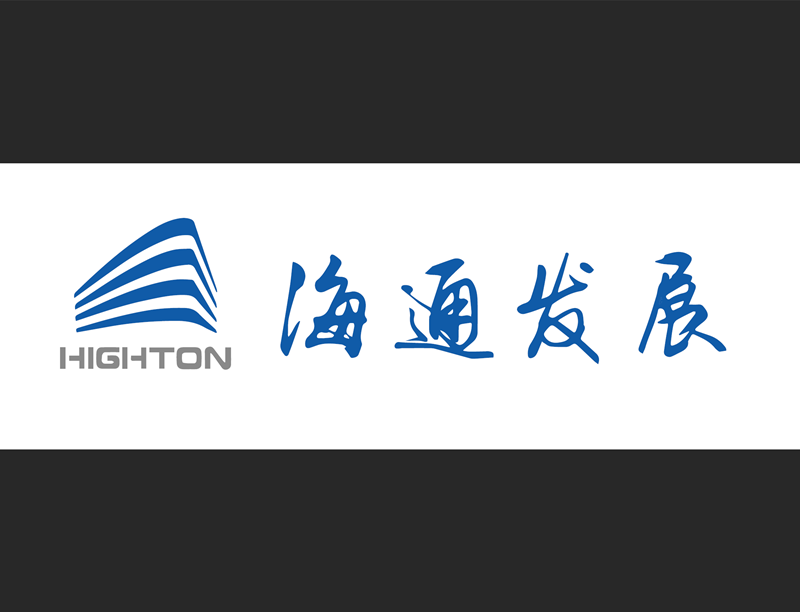
-(1).jpg?ext=.jpg)

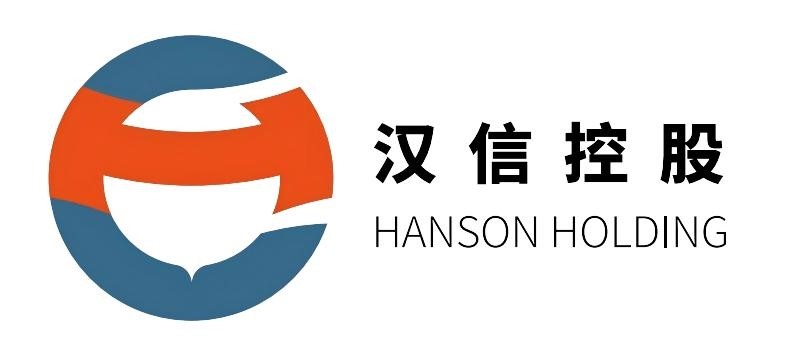
.png?ext=.png)
_2.jpg?ext=.jpg)

